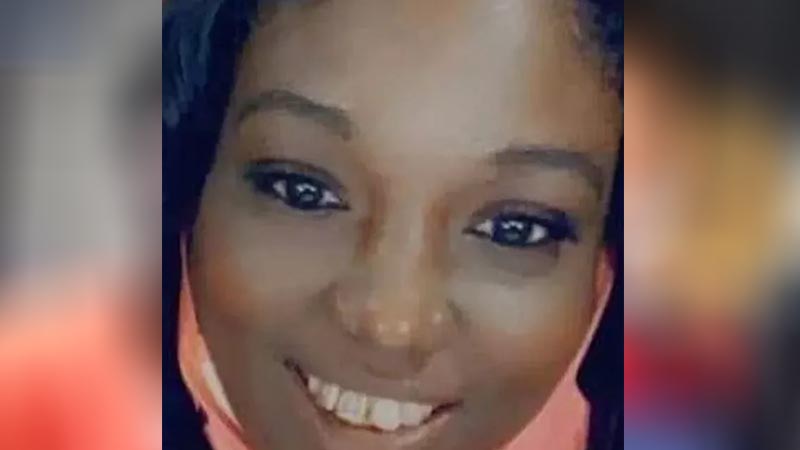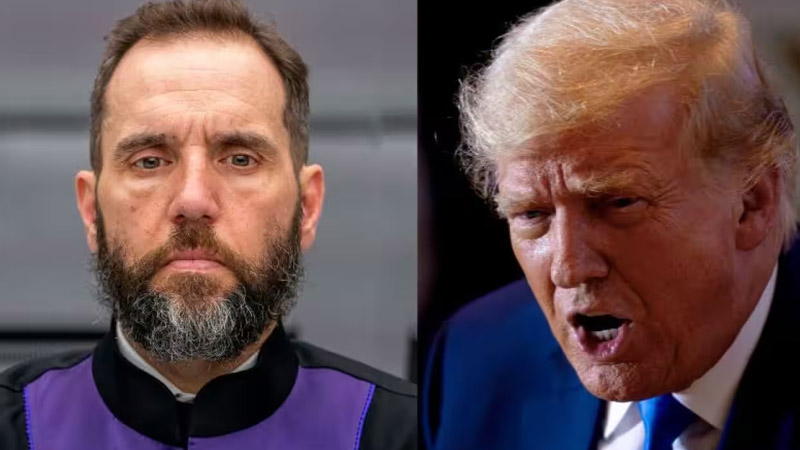“An Incredibly Murky Test” Legal Analyst Skeptical of Supreme Court’s Clarity on Trump’s Immunity

BRANDON BELL/GETTY IMAGES
During an appearance on MSNBC on the afternoon of July 4th, Slate legal analyst Dahlia Lithwick expressed skepticism about whether Chief Justice John Roberts fully understands what he expects from the lower courts following the Supreme Court’s majority ruling on Donald Trump’s presidential criminal immunity.
Speaking with host Richard Lui and former federal prosecutor Glenn Kirschner, the discussion focused on the Supreme Court’s stunning 6-3 majority opinion, which seems to absolve Donald Trump of any criminality committed while he was president. The conservative majority court’s ruling broadly expanded the definition of “presidential duties” as opposed to “personal conduct.”
Judge Chutkan has been tasked with making her own determination after holding evidentiary hearings, which will then be subject to Supreme Court review. Lithwick suggested that Roberts himself might be unclear about what he is seeking from the lower court judge and in the Trump Manhattan hush-money case presided over by Judge Juan Merchan, who is also conducting a review.
“But it’s really not a clear test, it’s an incredibly murky test, and the court wants it to get worked out in the appellate process,” Lithwick stated. “So, you know, the short answer is I think we can do a ton of lawyering around this, and clearly, that’s what [Manhattan District Attorney Alvin] Bragg’s team is going to try to do is lawyer this, and I think Glenn’s right.”
Lithwick continued, “An awful lot of this conduct by any construction of what is private unofficial acts still seems to survive. But I want to be really clear. I don’t know that John Roberts knows what the test is that he’s set forth in his opinion on Monday.”
The implications of the Supreme Court’s decision have left many legal experts and analysts questioning the clarity and practicality of the ruling. The conservative court’s broad interpretation of “presidential duties” could set a significant precedent for future cases involving presidential actions and criminal liability. However, the lack of a clear, defined test has created confusion and uncertainty among lower courts tasked with interpreting and applying this ruling.
As the legal community continues to dissect the Supreme Court’s opinion, it remains to be seen how this will play out in the appellate process and whether further clarifications will be necessary to guide lower court judges in their determinations. The outcome of these cases will have lasting impacts on the boundaries of presidential immunity and the accountability of elected officials.


